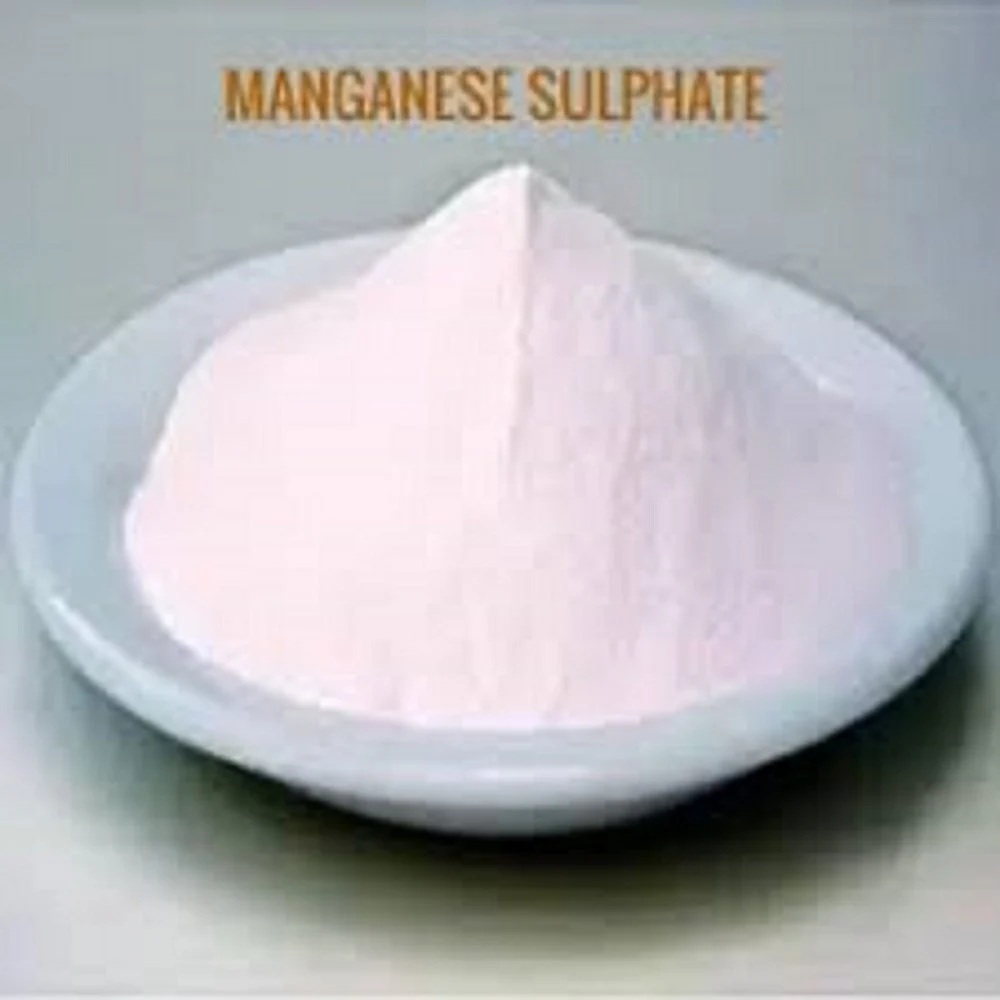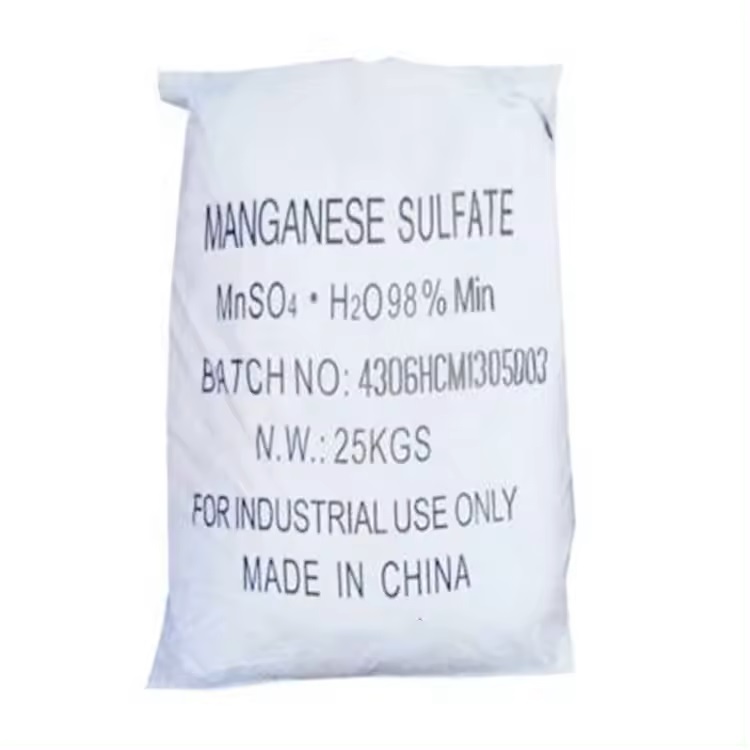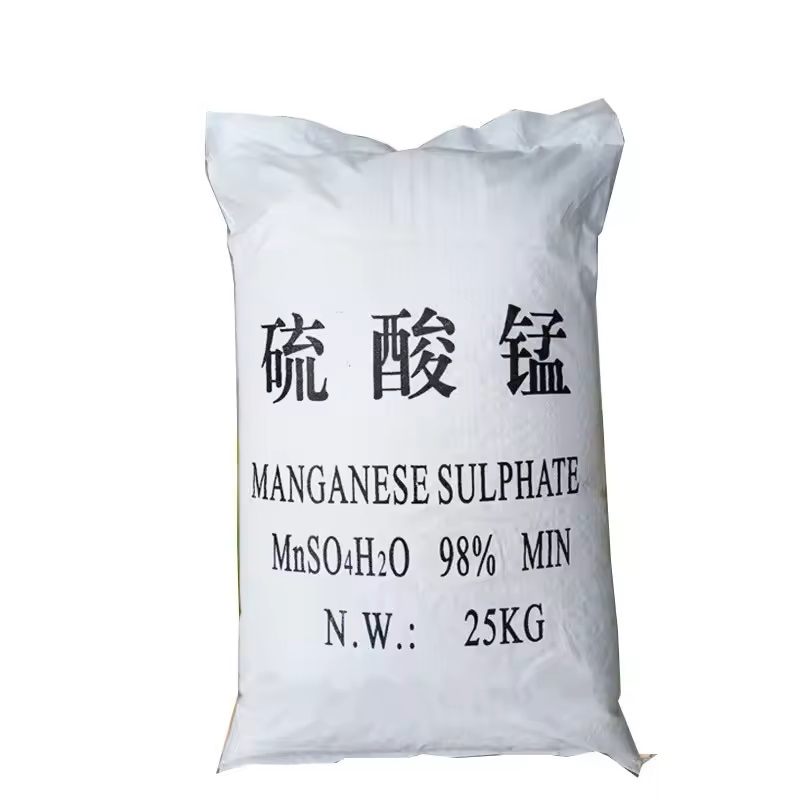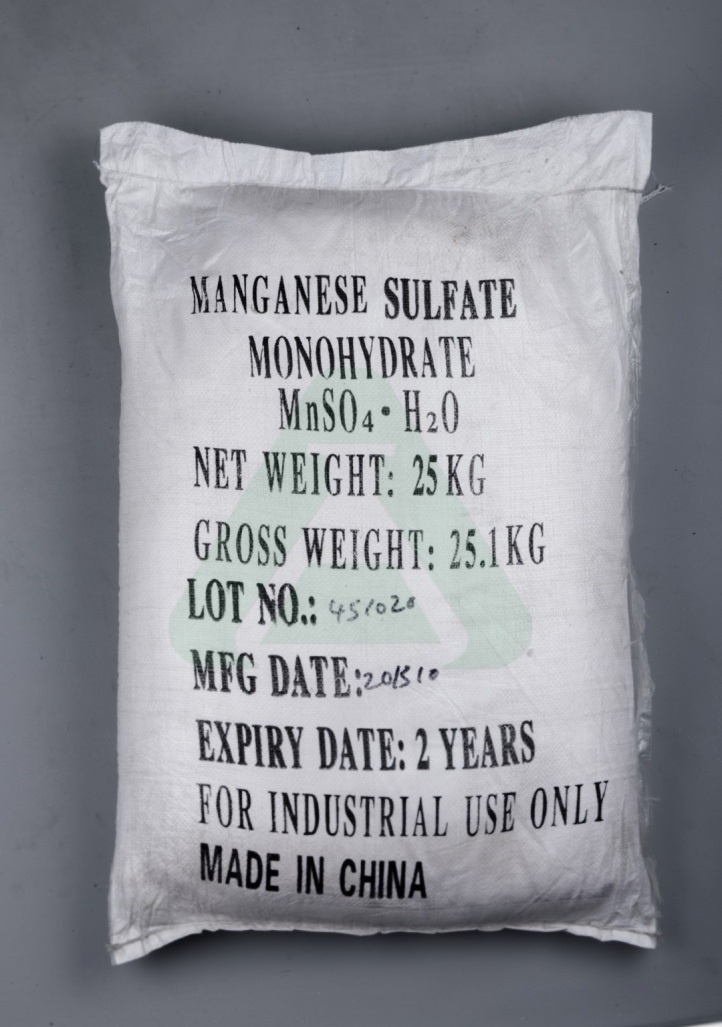We unleash your business potential by maximize the business innovation.
Send EmailManganese Sulfate, Manganese Sulphate Monohydrate, Anhydrous Manganese Sulfate, Manganese Sulfate Tetrahydrate, 7785-87-7, 10034-96-5, 10101-68-5
🔹 CAS Numbers for Manganese Sulfate
Here are the main variants:
| Form | Chemical Formula | CAS Number | Molar Mass |
|---|---|---|---|
| Anhydrous manganese sulfate | MnSO₄ | 7785-87-7 | 151.00 g/mol |
| Monohydrate | MnSO₄·H₂O | 10034-96-5 | 169.02 g/mol |
| Tetrahydrate | MnSO₄·4H₂O | 10101-68-5 | 223.07 g/mol |
| Heptahydrate | MnSO₄·7H₂O | (less common, sometimes listed) | 277.11 g/mol |
🔹 Notes
-
EC Number: 232-089-9 (covers manganese sulfate in general).
-
Hydrated forms are the most common in commerce, especially monohydrate (MnSO₄·H₂O), widely used in fertilizers and feed additives.
-
The anhydrous form is less common but used in laboratory and industrial processes.
-
CAS numbers differ because each hydration state is considered a distinct chemical substance.
✅ Summary: Manganese sulfate has multiple CAS numbers depending on hydration: 7785-87-7 (anhydrous), 10034-96-5 (monohydrate), and 10101-68-5 (tetrahydrate). The monohydrate is the most widely used industrial form
Manganese Sulfate (MnSO₄)
Here’s a clear English version of the information you shared, with technical corrections included:
🔹 Basic Information
-
Chemical Formula: MnSO₄
-
CAS Number: 7785-87-7
-
Oxidation State of Mn: +2
-
Molar Mass:
-
Anhydrous: 151.00 g/mol
-
Monohydrate: 169.02 g/mol
-
-
Appearance: White to pale pink crystalline solid (color depends on hydration and purity)
🔹 Physical & Chemical Properties
-
Density: ~3.25 g/cm³ (not g/mol)
-
Solubility:
-
Highly soluble in water
-
Slightly soluble in methanol
-
-
Thermal Behavior:
-
Hydrate loses water at ~100–125 °C
-
Anhydrous salt decomposes at ~700–850 °C, forming manganese oxides and sulfur oxides
-
-
Stability: Hygroscopic; commonly found as monohydrate (MnSO₄·H₂O)
🔹 Synonyms
-
Manganese(II) sulfate
-
Manganese sulfate monohydrate
-
Anhydrous manganese sulfate
-
MnSO₄
-
Note: “Sulfuric acid magnesium salt” is incorrect; the correct term is “sulfuric acid manganese salt.”
🔹 Applications
-
Agriculture:
-
Used in fertilizers to correct manganese deficiency, especially in alkaline soils (high pH).
-
Foliar application is more effective than soil application because high pH reduces manganese uptake.
-
Often combined with acidic fertilizers to improve absorption.
-
-
Animal Nutrition:
-
Manganese is essential for enzyme activity and bone development.
-
Supplements containing MnSO₄ are added to feed to prevent deficiency.
-
Dosage must be determined by veterinary or nutritional experts.
-
-
Metallurgy:
-
Manganese is critical in steelmaking and alloy production.
-
However, ferromanganese alloys are typically used, not MnSO₄ directly.
-
Manganese improves hardness, toughness, and corrosion resistance in aluminum and magnesium alloys.
-
-
Battery Industry:
-
Precursor for lithium-ion battery cathode materials (NMC/NMN).
-
Improves performance in lead-acid batteries by enhancing electrolyte properties.
-
-
Water Treatment:
-
Manganese compounds are sometimes used in water treatment, but MnSO₄ is not a primary chemical for municipal water purification.
-
🔹 Safety & Handling
-
Store in a dry environment to prevent clumping.
-
Avoid inhalation of dust; use protective equipment.
-
Follow local regulations and Safety Data Sheet (SDS) guidelines.
✅ Summary: Manganese sulfate is a versatile compound widely used in fertilizers, animal feed, metallurgy, and battery production. Its main role is to supply manganese in a soluble form, correcting deficiencies in plants and animals, and serving as a precursor in industrial processes.



